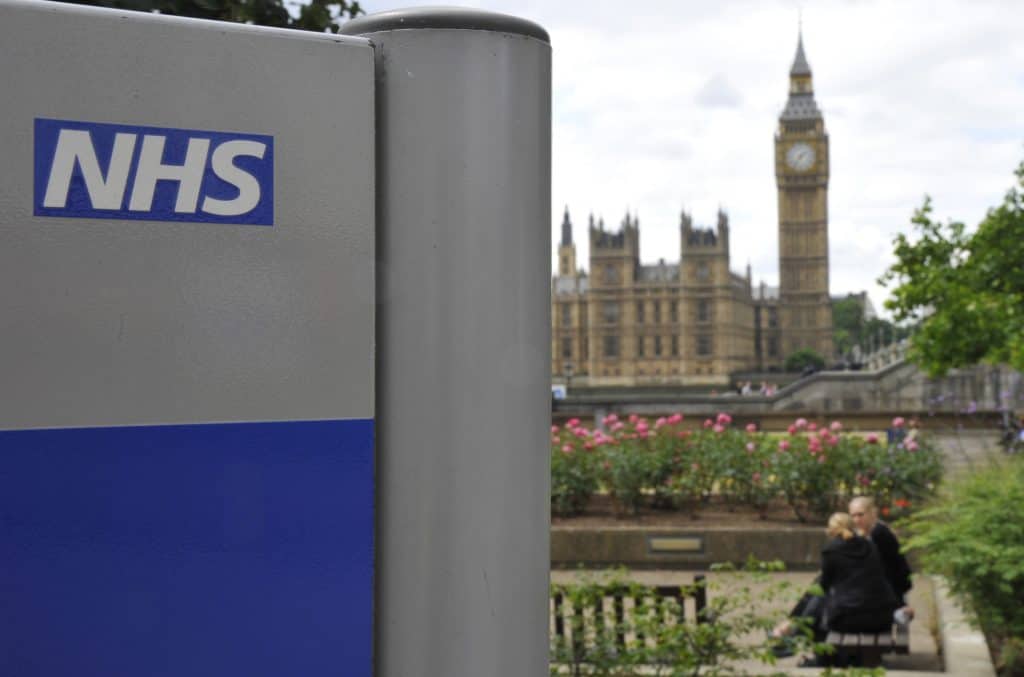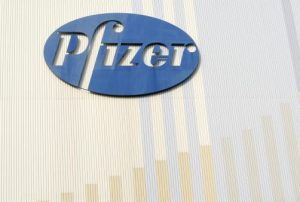
Parliamentary committee says CDF must make better use of taxpayer money
pharmafile | February 5, 2016 | News story | Medical Communications | Cancer Drugs Fund, Public Accounts Committee
The Cancer Drugs Fund, set up to improve patients’ access to cancer drugs, has not been managed effectively, a UK Government Committee has found.
The Committee of Public Accounts (PAC), which scrutinises the value for money gained by public spending, also describes it as ‘unacceptable’ that as the scheme enters its sixth year, the government is still unable to properly assess the benefit to patients of the CDF.
PAC found that while about 80,000 people have received drugs through the Fund, “the Department of Health and NHS England still lack the data needed to assess (its) impact on patient outcomes, such as extending patients’ lives, or to demonstrate whether this is a good use of taxpayers’ money.”
It questioned whether the Department of Health and NHS England are using their buying power effectively to negotiate a fair price for cancer drugs, and called for clarity over the extent to which regional variations have been reduced “so that people across the country have equal access to the Fund.”
Setting out its key recommendations to the government, the Committee concluded that NHS England was slow to react to the Fund’s considerable overspend, having not begun to take action until November 2014, and agreed with a previous report by the National Audit Office which concluded that the CDF is unsustainable in its current form – requiring “significant and urgent reform.”
Furthermore, it found survival rates for cancer patients in England have generally lagged behind other high-income European countries, mainly because patients in England tend to be diagnosed later and have poorer access to treatment.
PAC urged NHS England to “be prepared to take tough decisions to ensure that the Fund does not overspend,” and the DoH to “set out how it ensures that it pays a fair price for drugs and that the limit in the Pharmaceutical Price Regulation Scheme provides value for money for the taxpayer.”
Committee chair Meg Hillier MP said the PAC would be “closely monitoring the progress made by the Department and NHS England in the months ahead.”
She adds: Meg Hillier MP, Chair of the PAC, said today: “A vital step in addressing the financial challenges must be to properly evaluate the health benefits of drugs provided through the Fund. If cancer patients seeking its support are to get the best possible treatment then there must be confidence that public money is being spent on the right medication, and at a fair price.”
The report’s authors set out six main areas of concern and recommended ways in which these areas might be improved:
1. The Department of Health and NHS England have not managed the Fund effectively.
Recommendation: In the new Fund from April 2016, NHS England should set clear objectives, and be prepared to take tough decisions to ensure that the Fund does not overspend.
2. The Department of Health and NHS England may not be using their buying power effectively to secure a fair price for cancer drugs, including drugs paid for through the Fund.
Recommendation: The Department should clarify how it ensures that it pays a fair price for drugs and provides value for money for the taxpayer, as well as learning lessons from the Fund’s negotiations with the pharma companies over the cost of cancer drugs.
3. The Department of Health and NHS England still do not have data to evaluate the impact of the Fund on patient outcomes.
Recommendation: NHS England should report back to the Committee, by June 2016, on what the available data indicate about the impact of the Fund on patient outcomes.
4. It is unclear how far regional variations in access have been reduced so that people across the country have equal access to the Fund.
Recommendation: NHS England should analyse the extent of regional variation in access to the Fund, using data on patient location, and report back to the Committee by March 2016. If significant variations between areas exist, NHS England should set out how it plans to ensure that access to the new Fund is equitable across the country.
5. It is not clear whether NICE has the capacity to evaluate all new cancer drugs, as envisaged in the proposals for the new Fund. (The proposals for the new Fund therefore appear likely to entail a significant increase in NICE’s workload).
Recommendation: NHS England and NICE should urgently set out the impact of implementing the proposed new arrangements for the Fund on resources and assess specifically whether NICE has the capacity to appraise all new cancer drugs within the proposed timeframes.
6. Survival rates for cancer patients in England continue to lag behind those of similar countries, partly because of shortcomings in diagnostic services.
Recommendation: NHS England should put in place a clear plan to ensure that the NHS has sufficient diagnostic capacity, including appropriately trained staff, to improve early diagnosis of cancer.
Joel Levy
Related Content

Pfizer’s Ibrance combo authorised via the Cancer Drugs Fund for advanced breast cancer
NICE, the drug watchdog for England and Wales, has given its approval for Pfizer’s Ibrance …

Pfizer’s Ibrance approved by NICE, to be added to the Cancer Drugs Fund
Today it was announced that the National Institute for Health and Care Excellence (NICE) has …

NICE rejects Keytruda for routine use in NHS bladder cancer treatment
The National Institute for Health and Care Excellence (NICE) has given an initial ‘no’ for …








